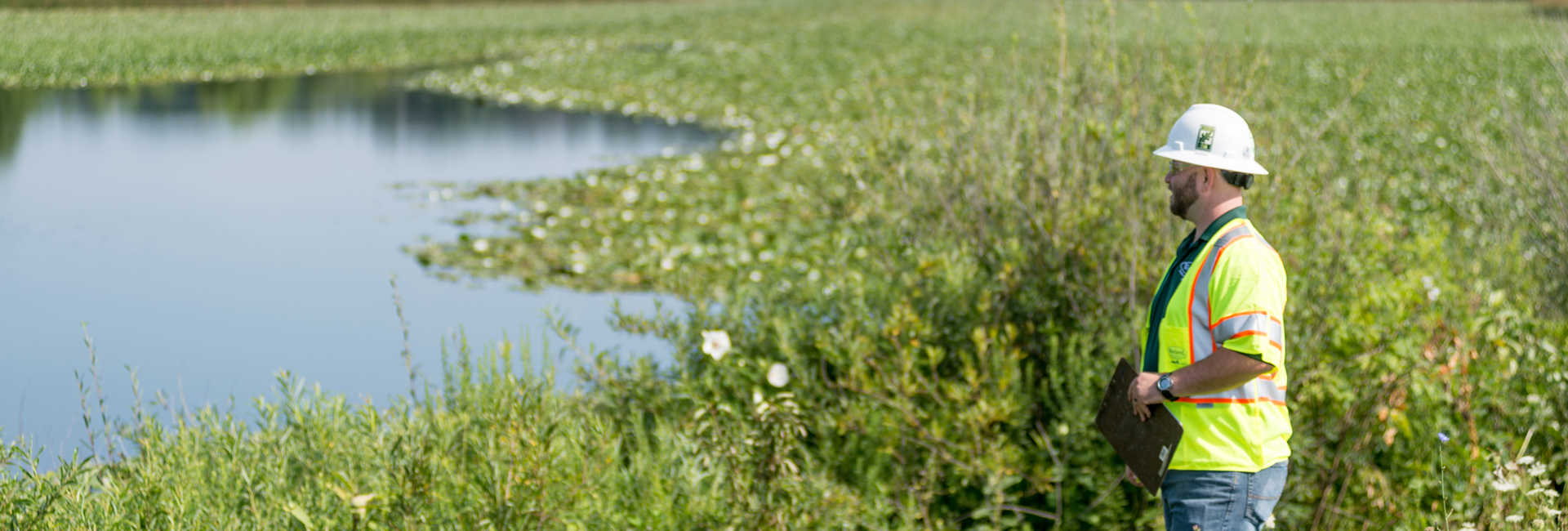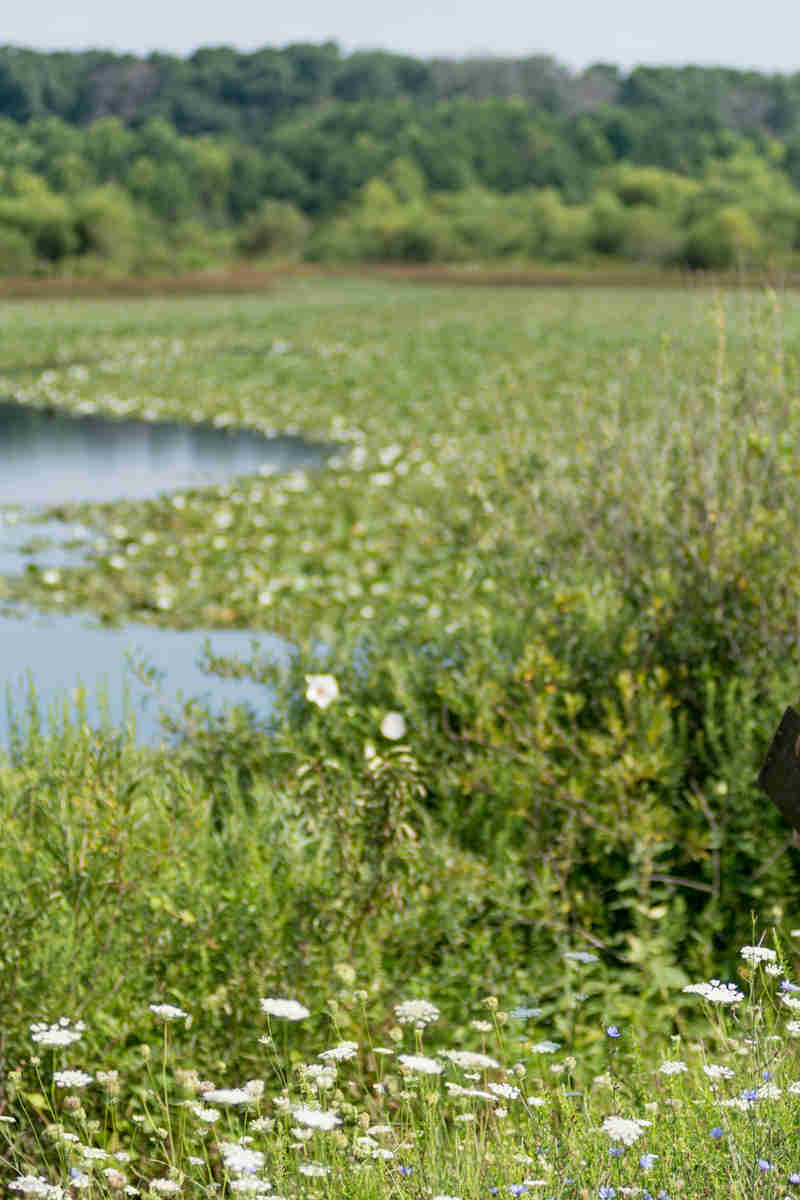Municipalities and non-profit organizations know an urban or community forest is critical to the look and health of their communities. But planning, building, and/or maintaining an urban forest costs money, which can be a pain point for cities, towns, villages, counties, tribes, and 501(c)(3) non-profit organizations. This is where grants, like the ones offered by the Wisconsin Department of Natural Resources, can make a big difference.
Grant Types and Eligibility

The Wisconsin Department of Natural Resources offers three grants. They include:
- Regular grants - Competitive cost-share grants of up to $25,000 that support new, innovative projects that will develop sustainable urban and community forestry programs. These grants cannot be used to subsidize routine forestry activities.
- Startup grants - Competitive cost-share grants of up to $5,000. These simplified grants are available to communities that want to start or restart an urban forestry program.
- Catastrophic storm grants - Fund tree repair, removal, or replacement within urban areas following a catastrophic storm or event for which the governor has declared a state of emergency.
A wide range of projects are eligible for these grants: tree inventories, management plans, Emerald Ash Borer response plans, Emerald Ash Borer treatment, tree planting, education and outreach activities, staff training, ordinance overview, and more. A 1:1 match is required for these grants, but the match can be cash, in-kind, volunteer, and other types of payback.
The grants are reimbursable, meaning a community needs to front all the costs and will be reimbursed when the project ends.
Standing Out From The Rest
The applications for these grants are straight-forward, but it is an extremely competitive process. Davey Resource Group can help you be the most competitive by assisting with urban forestry master planning, the application process, and project execution.
Grants from the Wisconsin Department of Natural Resources are expected to be announced in early July. Applications are generally due October 1.



